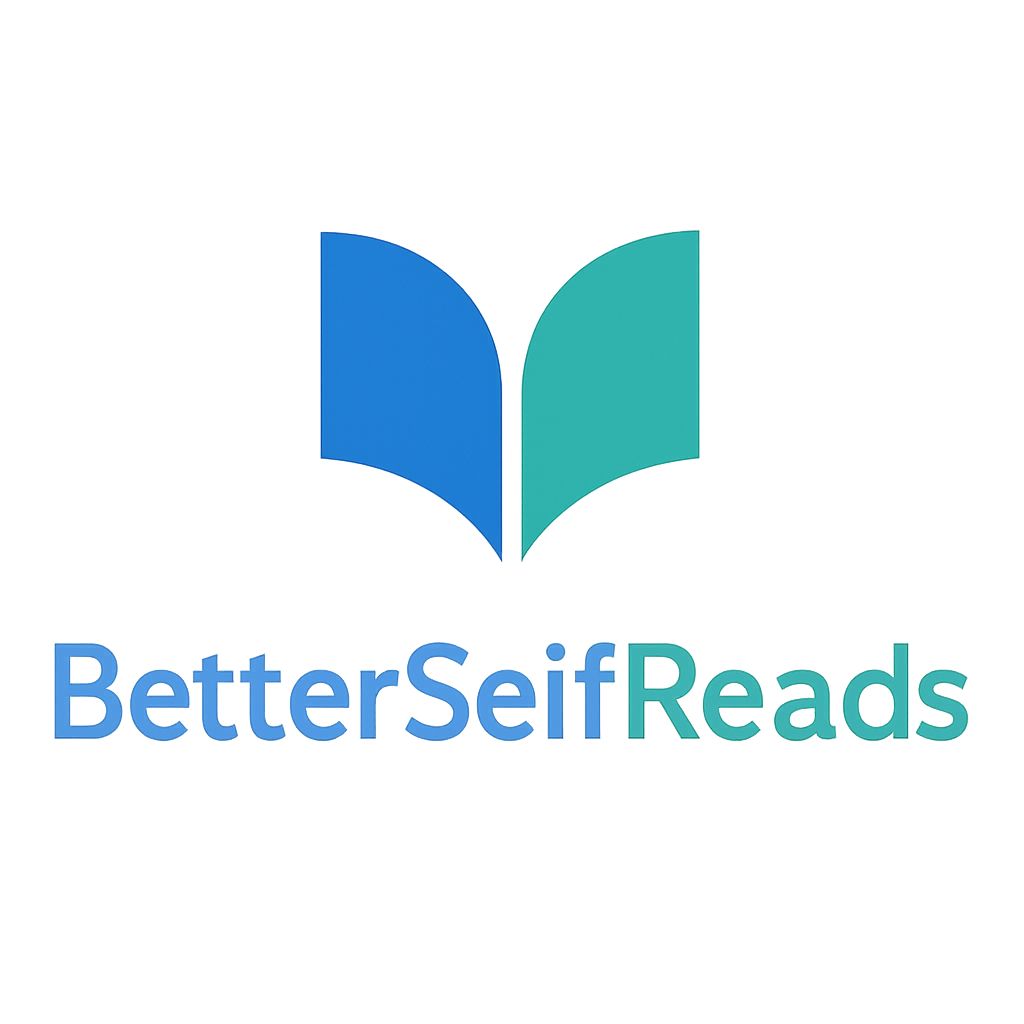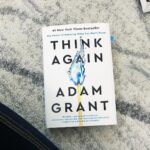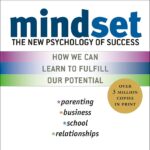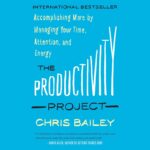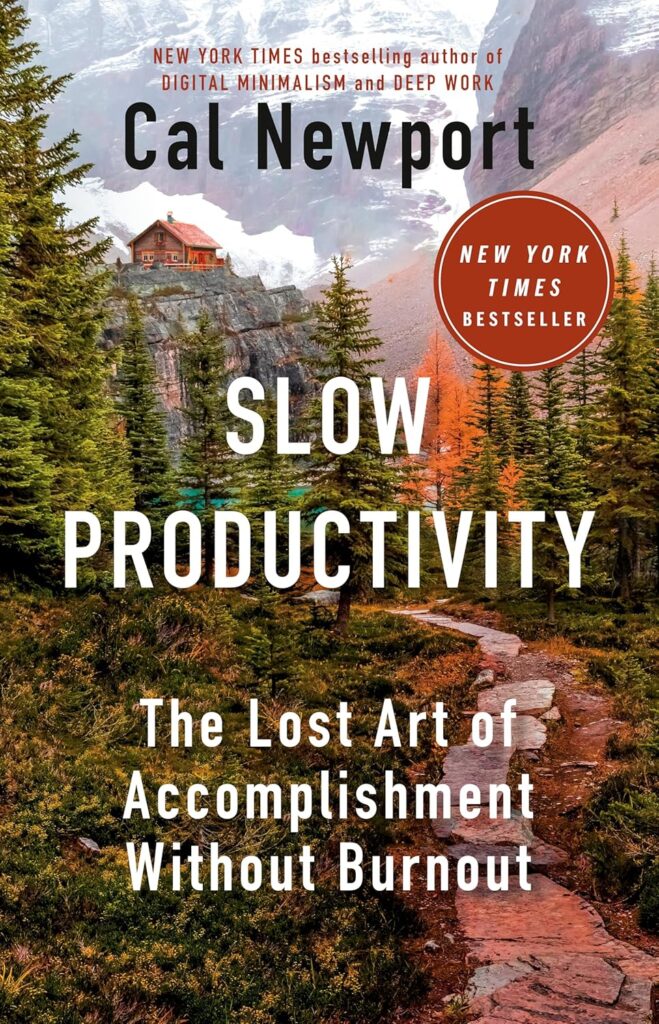
Struggling with burnout, constant busyness, and feeling unproductive despite working non-stop?
Ever feel like you’re sprinting through work but never really getting anywhere? Like you’re constantly ticking off tasks, responding to messages, attending meetings — yet, at the end of the day, you’re left wondering what you actually accomplished?
You’re not alone.
In today’s always-on culture, we’ve been taught that productivity means being busy, fast, and always available. But the truth is, this constant hustle is leaving many of us feeling drained, unfocused, and creatively depleted. Burnout has become a badge of honor, and rest is often mistaken for laziness.
That’s where Slow Productivity by Cal Newport comes in.
Instead of feeding into the frantic pace, Newport offers a refreshing alternative: do fewer things, work at a natural pace, and obsess over quality. His message is clear — slowing down doesn’t mean falling behind. In fact, it might be the only way to truly get ahead, especially in creative and knowledge-based work where depth, clarity, and focus matter most.
Whether you’re a freelancer juggling multiple projects, a remote employee struggling to set boundaries, or simply someone who wants to enjoy their work again without sacrificing mental health — this book speaks directly to you. It’s not about escaping productivity, but redefining it in a way that’s sustainable, thoughtful, and deeply satisfying.
In this Slow Productivity summary, you’ll discover the three essential principles that can help you reclaim your time, protect your attention, and produce high-impact work — all while creating space for a calmer, more meaningful professional life.
A Bestseller That Challenges Modern Work Culture
A New York Times, Washington Post, USA Today, and IndieBound bestseller, “Slow Productivity” by Cal Newport arrives at a critical time — and it couldn’t be more relevant.
Dubbed “brilliant and timely” by Oliver Burkeman, this book offers a transformative perspective for those drowning in to-do lists and endless Zoom calls. Newport, the bestselling author of Digital Minimalism and Deep Work, introduces a radical yet deeply practical idea: Do fewer things, work at a natural pace, and obsess over quality.
Our modern definition of productivity is flawed — it glorifies busyness, equating packed schedules with purpose. But this unsustainable approach leads to burnout, leaving us stuck between toxic hustle culture and giving up on ambition altogether.
Newport draws inspiration from the great minds of history — Galileo, Newton, Jane Austen, Georgia O’Keeffe — who achieved timeless work by focusing deeply, pacing themselves naturally, and ignoring the chaos. Through historical insight and contemporary critique, Slow Productivity redefines how we should approach meaningful accomplishment.
This book isn’t just a critique; it’s a step-by-step roadmap. From restructuring workloads and embracing seasonal rhythms, to prioritizing long-term value over short-term output, Newport offers a human-centered solution to our modern productivity crisis.
If your days feel packed but unproductive, if your creativity is stifled by constant urgency, Slow Productivity might be the reset you’ve been seeking.
Buy Slow Productivity ®at: Amazon (affiliate link)
What is Slow Productivity?

Slow Productivity is a response to the modern obsession with speed, urgency, and endless output. Instead of hustling through tasks and chasing instant results, Cal Newport invites us to:
- Focus on quality over quantity
- Prioritize depth over speed
- Embrace patience over pressure
This philosophy is especially powerful in a world that rewards busywork but punishes focus. Newport believes that the most valuable work often emerges when we slow down.
Summary of 4 Key Ideas from Slow Productivity
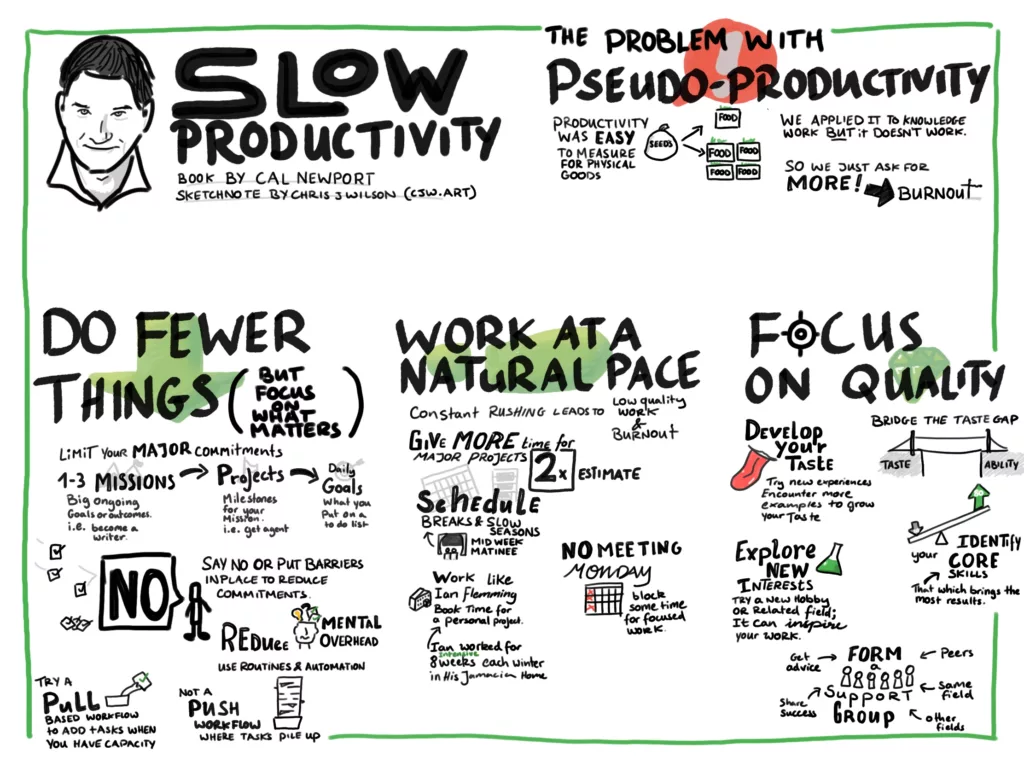
1. Do Fewer Things – Mastery Over Multitasking
Newport emphasizes that meaningful progress comes from doing less but better. By choosing fewer goals and giving them your full attention, you create deeper impact and higher-quality outcomes. Quantity kills clarity.
2. Work at a Natural Pace – Ditch the Urgency Trap
Rushing leads to mediocrity. Newport encourages working at a sustainable rhythm that aligns with your energy and capacity. This creates room for creativity, reflection, and innovation.
3. Obsession with Output is Broken – Focus on Value
Being productive doesn’t mean producing more—it means creating valuable work. Instead of chasing vanity metrics or inbox-zero, measure your success by the quality and long-term impact of what you deliver.
4. Protect Your Time – Say No to Nonessential Work
One of the boldest ideas in Slow Productivity is guarding your time like a treasure. Say no to shallow meetings, unimportant tasks, and distractions. Productivity isn’t about how much you do—it’s about what you choose not to do.
The 3 Core Principles of Slow Productivity
Slow Productivity is anchored in three foundational principles, each designed to help you produce more meaningful work without burnout. These principles are not just ideas—they come with actionable strategies to help you implement them in real life:
- Focus on fewer, more impactful tasks
- Maintain a sustainable work pace
- Emphasize quality over quantity
Let’s break down each principle briefly:
Principle 1: Focus on What Truly Matters
Instead of trying to do everything, concentrate your energy on fewer tasks that actually move the needle. This helps prevent overwhelm and ensures you’re fully present in the work that counts.
Key ways to implement this include:
- Reducing the number of major commitments you take on
- Streamlining smaller tasks to minimize distractions
- Adopting a “pull-based” workflow where tasks are taken on only when capacity allows
Principle 2: Work at a Natural, Sustainable Pace
Productivity doesn’t mean rushing through your to-do list. It’s about giving your best work the time and attention it deserves. This principle encourages you to allow your projects to unfold at a rhythm that aligns with your mental and physical well-being.
Practical approaches:
- Set longer timelines for important projects
- Create an optimized, distraction-free work environment
- Embrace seasonal rhythms—alternate between intense work periods and intentional rest
Principle 3: Prioritize Quality Over Output
Rather than trying to do more, aim to do better. Excellence often stems from deep focus and craftsmanship. This mindset helps break the loop of constant busyness and leads to more fulfilling, long-term success.
You can embody this principle by:
- Sharpening your ability to distinguish between average and exceptional results
- Taking bold steps to improve your work, even if it means taking thoughtful risks
Also check out: Deep Work by Cal Newport — a compelling companion to Slow Productivity that dives deep into the power of focused work in a noisy world.
Personal Review – Why This Book Matters
Reading Slow Productivity felt like a deep breath in a noisy world. Cal Newport doesn’t just offer productivity tips — he offers a new mindset. One that respects our limits, honors our creativity, and restores a sense of calm to our workdays. If you’re tired of the hustle but still want to achieve, this book is your blueprint.
About the Author – Cal Newport
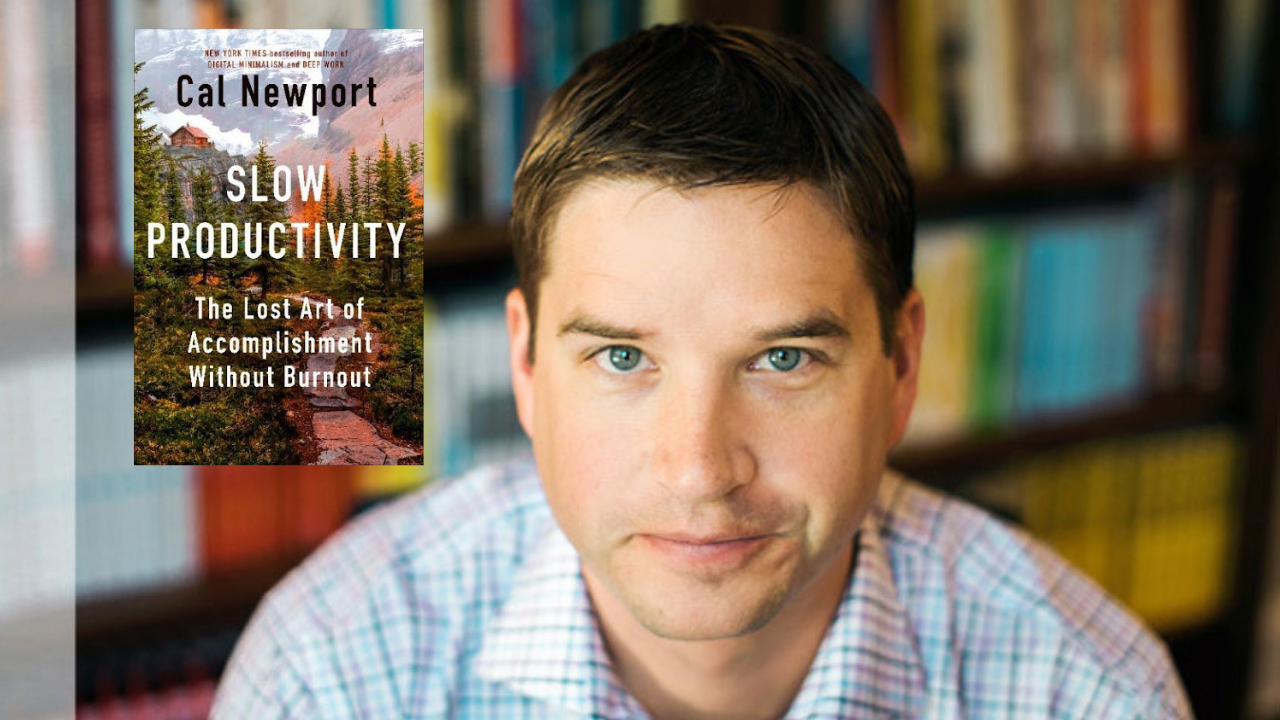
Cal Newport is an Associate Professor of Computer Science at Georgetown University and a renowned voice at the intersection of culture and technology. He is the bestselling author of eight influential books, including Slow Productivity, A World Without Email, Digital Minimalism, and Deep Work. His work has been translated into over 40 languages and has earned spots on multiple New York Times bestseller lists. In addition to his academic role, Newport contributes to The New Yorker and hosts the popular Deep Questions podcast, where he explores topics related to focus, productivity, and meaningful work in the digital age.
Slow Productivity Quotes – Words That Stick With You
Here are some of the most powerful and thought-provoking quotes from Slow Productivity that capture its heart and soul:
“Slow productivity isn’t about doing less—it’s about doing what truly matters. It’s a mindset shift: from overwhelm to meaning.”
“Tiny tasks might seem harmless, but too many of them can quietly eat away at your productivity—like termites in a wooden house.”
“To work deeply on what matters most, you first have to let go of the small stuff that clutters your attention.”
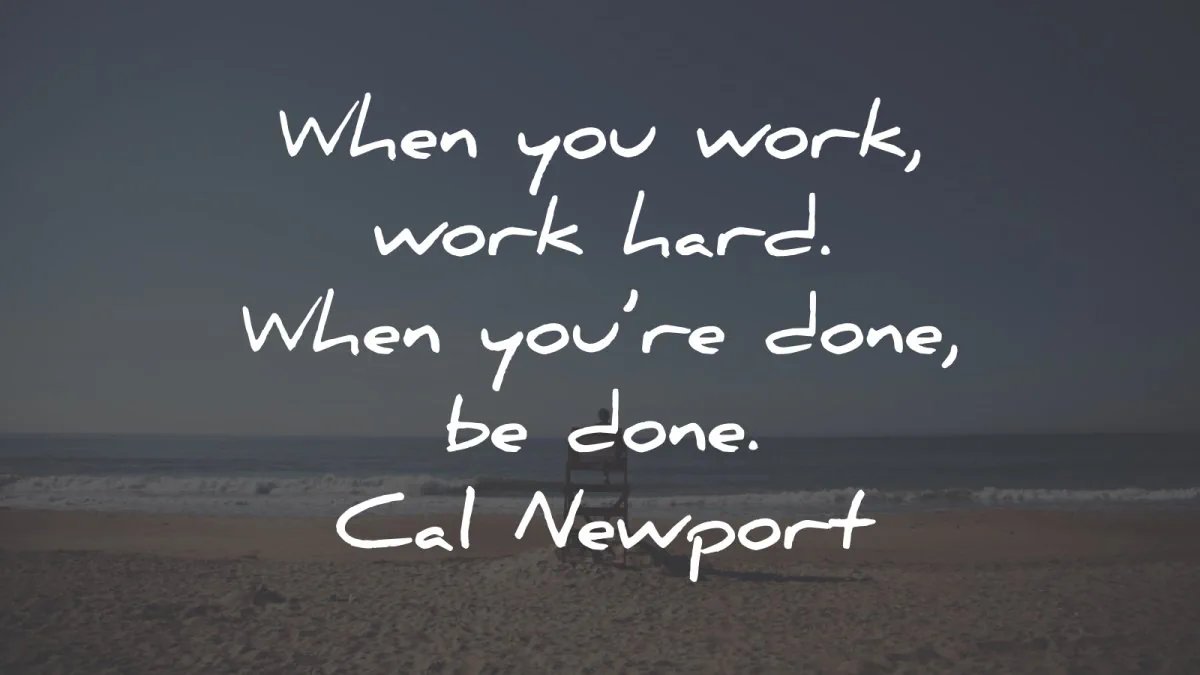
“Saying ‘no’ becomes easier when you realize it’s the only honest and healthy response.”
“You don’t need to be perfect every time—just committed to returning to what you care about, again and again.”
“When you slow down to focus on quality, you gain control over your work—and with that control comes the freedom to break free from the chaos.”
“This isn’t anti-work. It’s about discovering a better, more human way to engage with it.”
📚 Want to Read or Listen?
🎧 Listen on Audible
📖 Buy on Amazon
💡 Disclosure: These are affiliate links. We may earn a small commission at no cost to you.
Final Thoughts on Slow Productivity
As I turned the last page of Slow Productivity, I found myself reflecting on what truly stood out. While much of the book echoed familiar ideas I’ve considered before, it did offer gentle nudges and practical insights that made those concepts feel more approachable—especially within the constraints of a typical workplace.
That said, the framework didn’t fully come together for me as a complete, actionable system. I appreciated the intention behind all three tenets, but I found the third one less convincing. It’s not that the idea lacked value—it just felt harder to translate into real change compared to the others. Still, there’s something powerful in Newport’s calm, thoughtful tone that makes you pause and rethink your daily grind.
For anyone working in a knowledge-based field, this book may open up new ways to think about time, output, and what it really means to accomplish something meaningful—without burning out. I’d love to hear your thoughts if you decide to give it a read. Add it to your Goodreads list, or even better, drop me a message with your favorite insight!
Interestingly, Newport referenced Four Thousand Weeks by Oliver Burkeman—a book that also questions modern productivity culture. I picked it up right after Slow Productivity, and I must say, it’s excellent. I’ll definitely share my thoughts on it soon.
Frequently Asked Questions (FAQs)
1. What’s the big idea behind Slow Productivity?
At its heart, Slow Productivity is about doing less—but doing it better. Cal Newport invites us to stop chasing endless tasks and start focusing on meaningful work done at a natural pace, helping us avoid burnout and build a life of deeper purpose.
2. How is it different from the usual productivity hacks?
Most traditional productivity methods push for speed, efficiency, and maximizing output. Slow Productivity flips that script—it’s about working with intention, focusing deeply, and creating long-lasting value, not just ticking boxes.
3. Who will benefit most from this book?
If you’re a busy professional, a creator, or someone who constantly feels behind and burned out by hustle culture, this book is for you. It’s especially helpful if you crave more focus and peace without sacrificing your ambition.
4. So… does it mean working less?
Not exactly. It’s about working smarter—not harder. That means prioritizing what truly matters, saying no to distractions, and allowing space for rest and deep thinking.
5. Can you share a few practical tips from the book?
Absolutely! Here are some simple but powerful takeaways:
- Focus only on a few high-impact tasks at a time.
- Block out time for deep, undistracted work.
- Build breaks and downtime into your schedule.
- Protect your focus by saying “no” more often.
